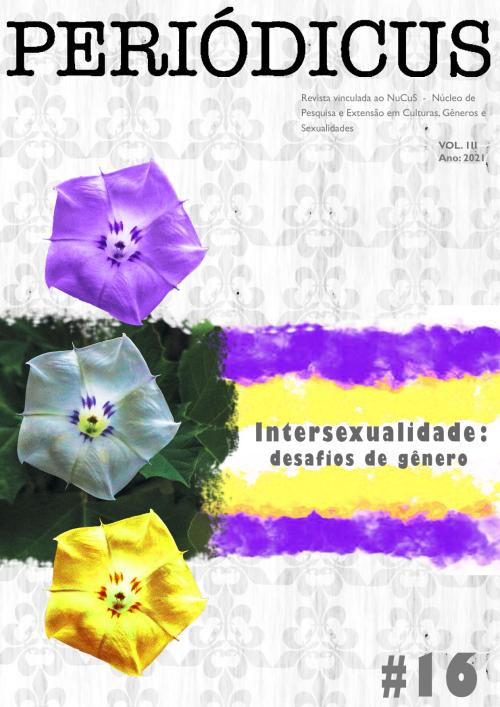The representativeness of homosexual union and family formation in Mercado Livre’s “Sophia” propaganda from the perspective of a focus group
DOI:
https://doi.org/10.9771/peri.v3i16.34892Abstract
Among the countless social issues currently discussed, diversity is a critical theme, especially in a context of
intolerance towards minorized social groups such as is the contemporaneity. In an attempt to promote inclusion, this study seeks to understand different perceptions and opinions regarding new family configurations, in particular, the homosexual union. To this end, the 2018 Mothers’ Day campaign entitled “Sophia,” launched by the Brazilian company Mercado
Livre, was shown to a focus group formed by people of different ages, genders, and religions. Guided by a semi-structured and collective interview, participants answered a series of questions about the theme. Some opinions were highlighted
during the conversation, such as the lack of representation of homosexual characters in various commercials and the prevailing heteronormativity, so that most participants could not grasp that the advertisement depicted an unconventional family.
Downloads
Downloads
Published
How to Cite
Issue
Section
License
Copyright (c) 2021 Camila Santos, Marta Brod

This work is licensed under a Creative Commons Attribution-NonCommercial 4.0 International License.
Authors who publish in this journal agree to the following terms:
Authors retain copyright and grant the journal the right of first publication, with the work simultaneously licensed under a Creative Commons Attribution Noncommercial License that allows the work to be shared with acknowledgment of authorship and initial publication in this journal, but prohibits commercial use.
Authors are authorized to enter into separate additional contracts for non-exclusive distribution of the version of the work published in this journal (e.g., publishing in an institutional repository or as a book chapter), with acknowledgment of authorship and initial publication in this journal.
Authors are permitted and encouraged to publish and distribute their work online (e.g., in institutional repositories or on their personal website) at any point before or during the editorial process, as this can generate productive changes and increase the impact and citation of the published work (see The Effect of Open Access).








